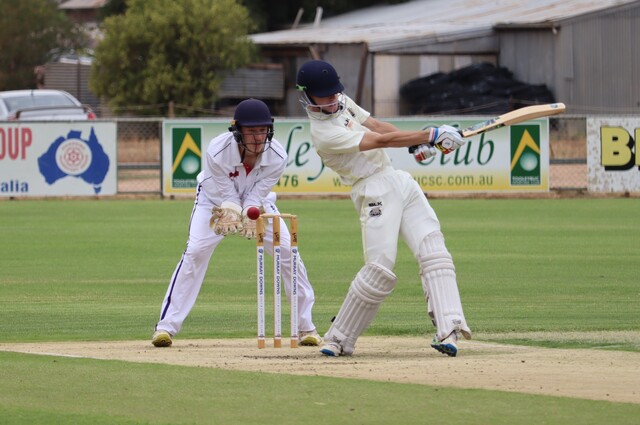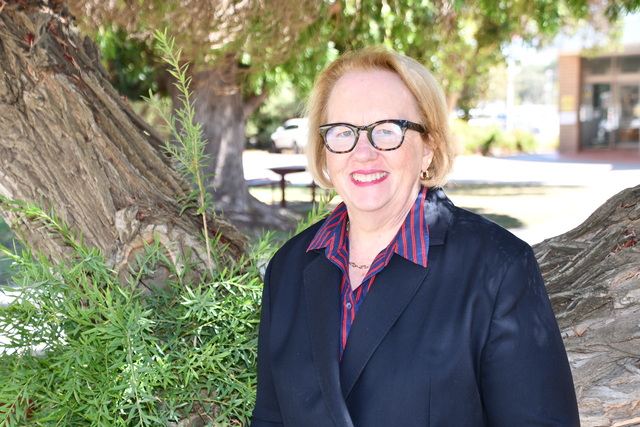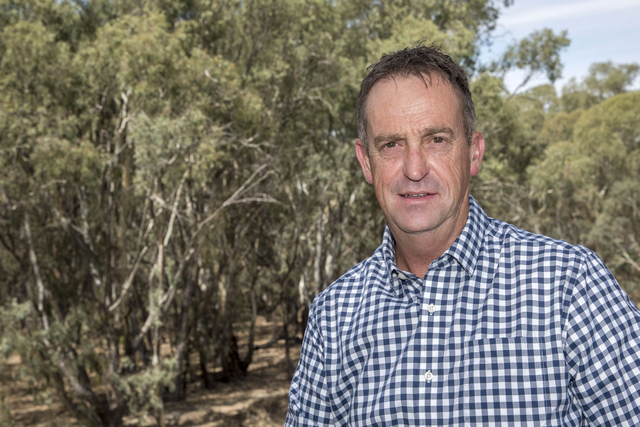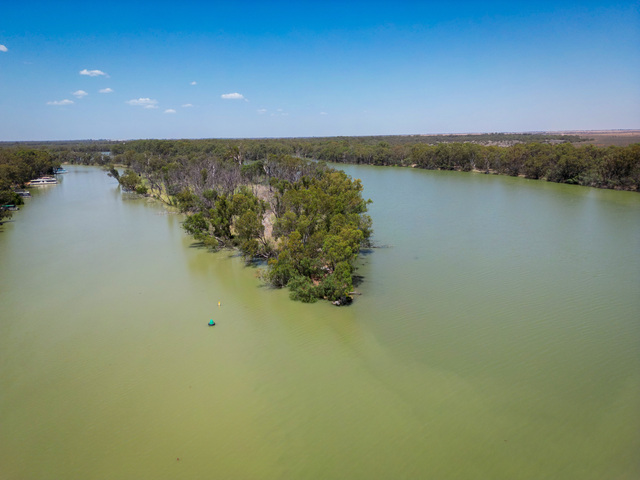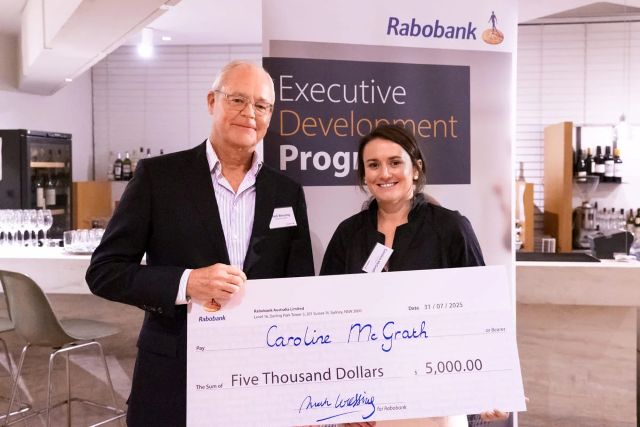LARGELY untargeted water buybacks during the drought, before the Murray Darling Basin Plan was adopted, were opportunistic, non-strategic and are a continuing heavy burden on some communities.
That is the assessment of Senator David Leyonhjelm, who chaired a Senate select committee examining the effects of the plan.
The committee recommended an end to further buybacks of water.
Its report was presented to Parliament just prior to Easter.
Senator Leyonhjelm said in an opinion piece in The Age that, in contrast to the drought, the 2010 flood event resulted in the Murray-Darling basin receiving record-breaking rain, filling dams to capacity and causing floods.
“These were obviously natural events, yet many saw the millennium drought as reason to panic. There arose a bizarre perception that this time it was different, and that it might never rain properly again,” he said.
“The result was the Murray-Darling Basin Plan.”
This plan is a blueprint for returning a large volume of water to the environment, through a combination of reduced supply to agriculture and fewer losses during movement and storage.
Senator Leyonhjelm said that while there was no serious opposition in submissions to better use of water for the environment, there were concerns about the way the plan was implemented. The most common concerns came from rural communities suffering a decline in irrigated agriculture.
While most farmers voluntarily sold their water rights to the government, there has been nothing voluntary about the decline of businesses that provide goods and services to those farmers, the businesses of those handling and marketing the commodities or the consequences of people moving out of the area.
“We do not want to drain the Murray and we cannot return the environment to what it was before European settlement, but we also do not want to send businesses broke, destroy jobs or ruin people’s lives,” Senator Leyonhjelm said.
The committee recommended the Productivity Commission undertake a cost-benefit analysis of the basin plan, including analysis of the value of forgone production and food processing due to reduced irrigation water.
The dairy industry in northern Victoria has lost so much irrigation water that production has not returned to levels preceding the millennium drought, notwithstanding growing global demand for dairy products.
Other recommendations include a judicial inquiry into maladministration and possible corruption in the Victorian Government’s Goulburn-Murray Water connections project.
“Communities and farming simply cannot have so much of their water taken away, then be left to fend for themselves,” Senator Leyonhjelm said.

